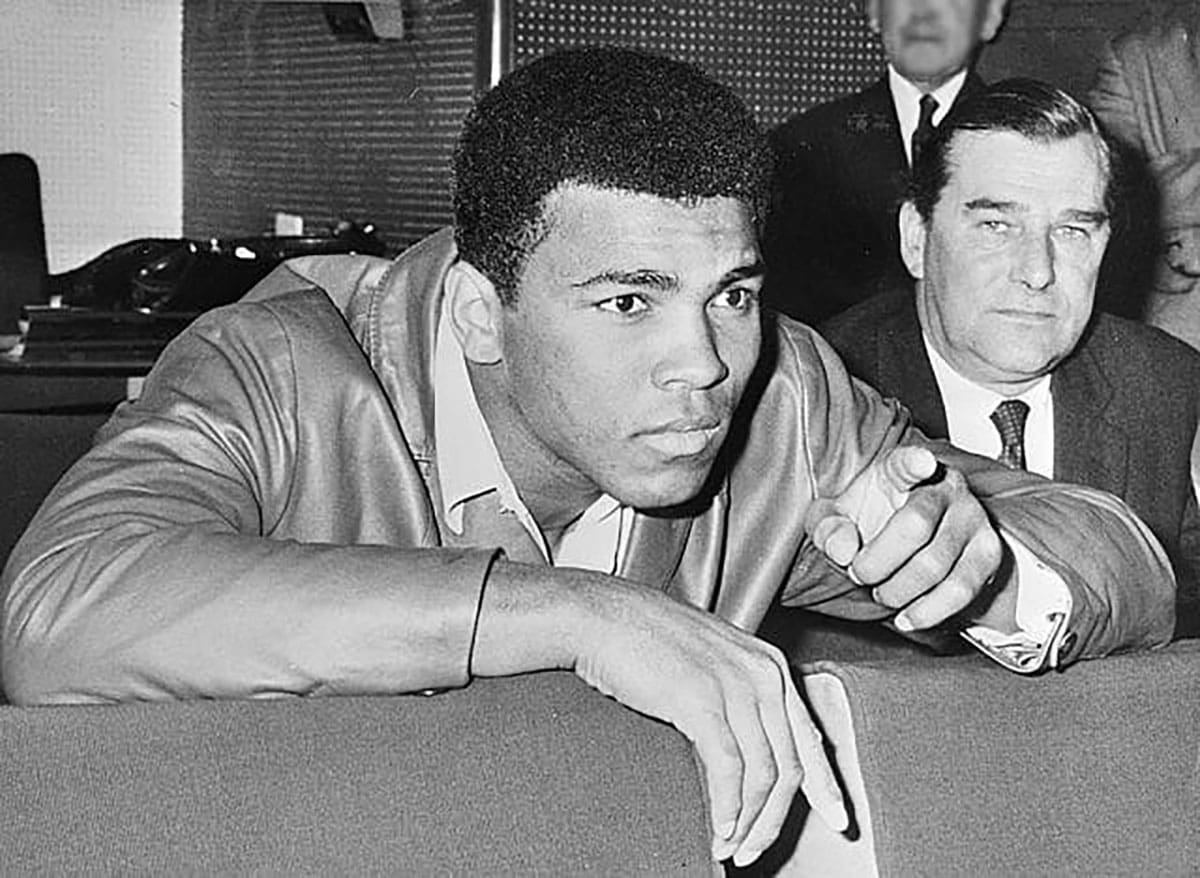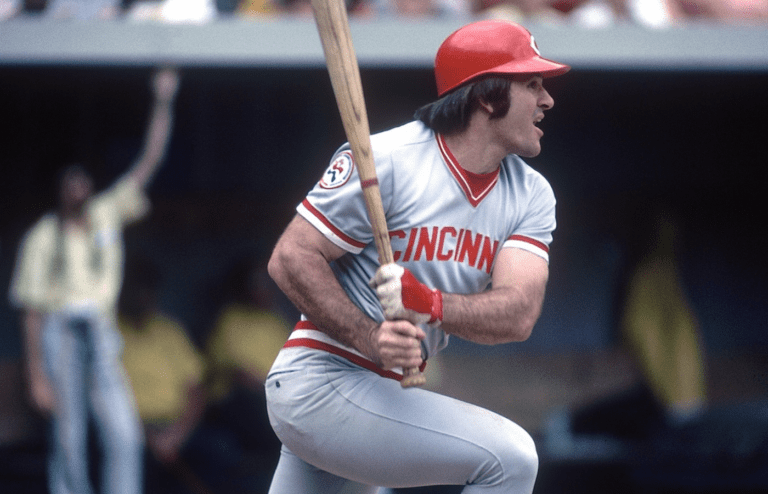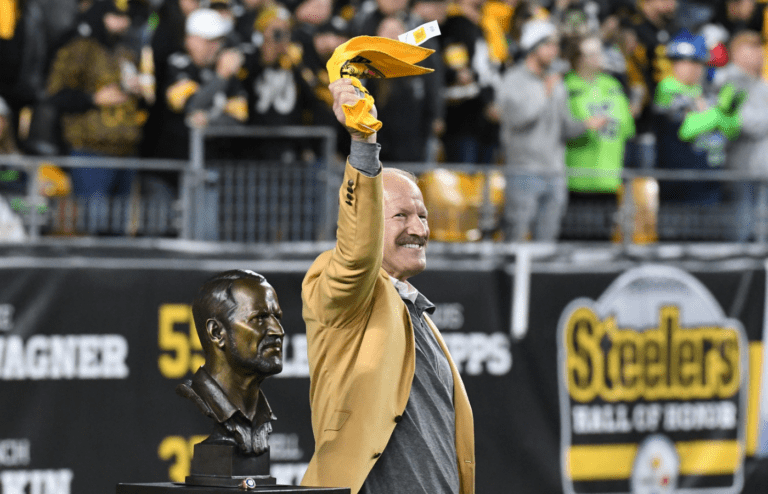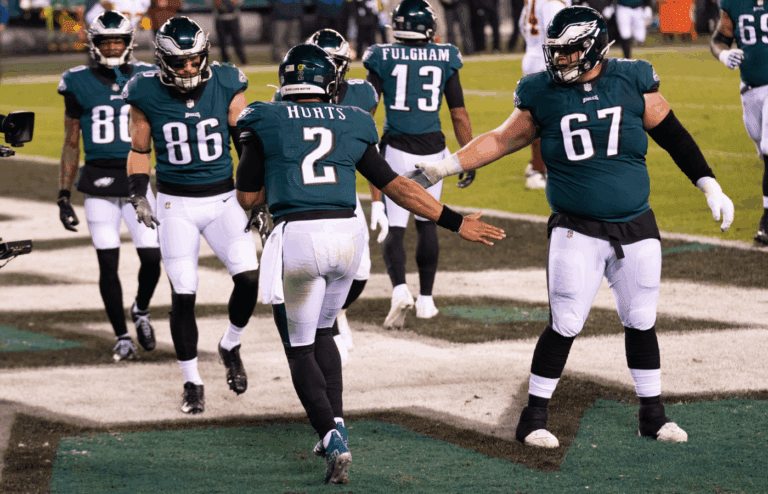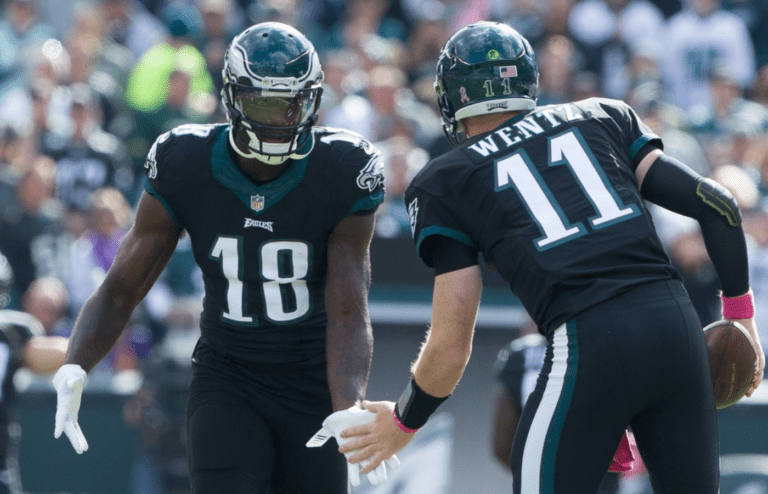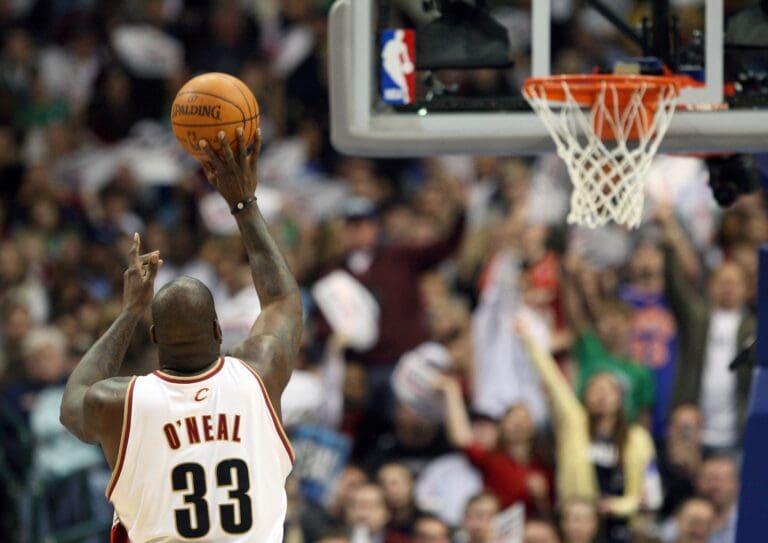Muhammad Ali wasn’t just a champion in the ring—he was a fighter for change. At the height of the Civil Rights era, he used his platform to challenge injustice, refusing to stay silent in the face of oppression. His bold stance redefined what it meant to be an athlete, proving that sports and activism could go hand in hand.
Decades later, his influence still echoes through today’s outspoken athletes, shaping a new generation unafraid to use their voices for something bigger than the game. He played a particularly strong role in encouraging athletic activism in the NBA.
The Trailblazing Era: Muhammad Ali and Civil Rights Activism
Muhammad Ali’s impact on athlete activism during the Civil Rights era was groundbreaking. As a prominent figure in the Black Power movement, Ali used his platform to challenge racial injustice and oppose the Vietnam War. His refusal to be drafted into the U.S. military in 1967 became a defining moment, costing him his boxing titles and nearly four years of his career.
Despite facing widespread criticism, Ali’s stance resonated with many African Americans and anti-war protesters. His famous quote, “I ain’t got no quarrel with them Vietcong,” encapsulated his opposition to the war and racial inequality at home. Ali’s activism extended beyond the ring, as he became a powerful voice for social justice, speaking at colleges and universities across the country. His courage in standing up for his beliefs paved the way for future generations of athlete activists, inspiring them to use their platforms for social change.
The Quiet Years: Activism’s Decline in the 1980s and 1990s
Athlete activism took a noticeable dip from the mid-1970s to the early 2000s. This period saw a shift in focus for many athletes, who prioritized personal branding and lucrative endorsement deals over social causes. The rise of superstar athletes like Michael Jordan and Tiger Woods, who largely avoided political statements, exemplified this trend.
Concerns about losing sponsorships and facing public backlash played a significant role in this decline. However, it’s important to note that activism didn’t completely disappear during this time. Many athletes continued to work behind the scenes, donating to charities and participating in community initiatives without seeking publicity. The era also saw occasional outspoken figures, such as Craig Hodges and Mahmoud Abdul-Rauf, who faced professional consequences for their activism.
Read More: The 15 Best Athlete Memoirs Ever Written
The Social Media Revolution: Amplifying Athlete Voices in the 21st Century
Social media has transformed athlete activism, giving sports stars a direct line to fans and the public. Platforms like Twitter and Instagram allow athletes to share their views on social issues instantly, bypassing traditional media gatekeepers. This shift has empowered athletes to speak out more freely and frequently on topics ranging from racial injustice to gender equality.
LeBron James, for example, uses his massive social media following to advocate for social change and raise awareness about racial injustice. Similarly, Megan Rapinoe leverages her online presence to champion gender equality in sports. The immediacy and reach of social media have made athlete activism more impactful and widespread than ever before.
However, this increased visibility also comes with challenges. Athletes must navigate potential backlash and carefully consider the impact of their words in the fast-paced world of online discourse.
Today’s NBA Stars: Carrying the Torch of Activism and Social Justice
NBA players continue to be at the forefront of social justice activism, building on the legacy of past athletes. In 2020, the league established the National Basketball Social Justice Coalition to address racial inequality and promote meaningful change. Players like LeBron James and Chris Paul have used their platforms to speak out against police brutality and advocate for voting rights.
The NBA has also created the Kareem Abdul-Jabbar Social Justice Champion Award, recognizing players who pursue social justice and uphold the league’s values of equality and inclusion. This award, named after the legendary activist and basketball player, highlights the ongoing commitment of NBA stars to make a difference both on and off the court. As the league embraces activism, players are increasingly using their voices to drive social change and inspire their communities.
As the baton of activism continues to pass through the hands of today’s athletes, their commitment to championing social causes remains unwavering. Leveraging platforms like social media, modern sports icons amplify their voices, fostering awareness and driving progressive change. The enduring spirit of athletes, from Muhammad Ali’s pioneering efforts to the current advocacy seen in the NBA, exemplifies the transformative power and enduring impact of their roles as agents of social change.

